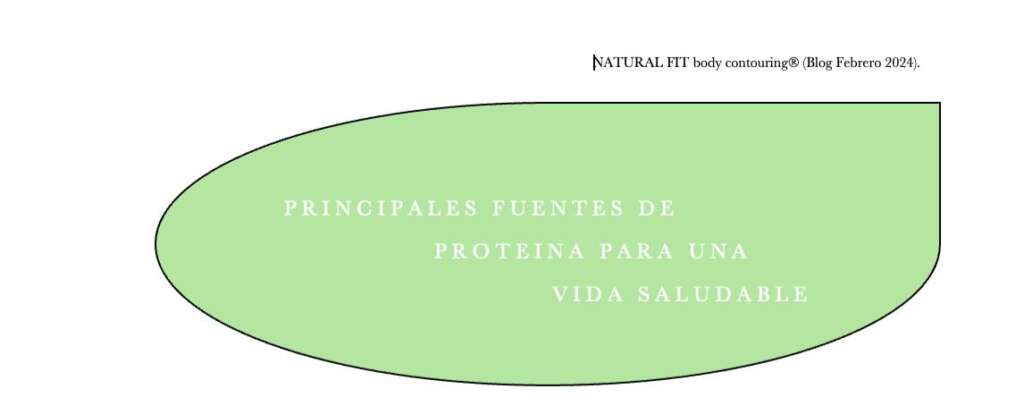
FEEDING
The protein It is an essential macronutrient that plays a crucial role in the building and repairing tissues, producing enzymes and hormones, and maintaining a healthy immune system. A protein-rich diet is essential for muscle development, weight loss, and maintaining optimal health. But what are the main sources of protein? In this article, we will explore the options
more nutritious and how to incorporate them into your diet.
Animal Protein Sources
Proteins of animal origin are considered complete, since they contain all the essential amino acids that the body cannot produce on its own.
Lean Meats: Chicken, turkey, and lean cuts of beef and pork are excellent sources of high-quality protein. In addition, they provide important nutrients such as iron, zinc and B vitamins.
Fish and Seafood: Rich in protein and omega-3 fatty acids, fish such as salmon, tuna and trout, as well as shellfish, offer cardiovascular and anti-inflammatory benefits.
Eggs: Considered one of the most complete foods, eggs are an excellent source of protein, in addition to containing essential vitamins and minerals (Very important since OVOALBUMIN is almost identical to our ALBUMIN, the main protein in our body)
Dairy: Milk, cheese and yogurt not only provide high-quality proteins but also calcium and vitamin D, essential for bone health.
Sources of Vegetable Proteins
For those following a vegetarian diet or looking for plant-based alternatives, there are many protein-rich options.
Legumes: Lentils, chickpeas, beans and peas are excellent sources of protein and fiber, which contribute to feelings of satiety and weight control.
Whole Cereals: Quinoa, brown rice, oats and barley not only provide protein but also fiber, vitamins and minerals.
Nuts and Seeds: Almonds, walnuts, chia seeds, and flax seeds offer protein, essential fatty acids, and other important nutrients.
Processed Vegetable Proteins: Products like tofu, tempeh, and textured plant proteins are versatile, protein-rich alternatives for vegetarians and vegans.
Tips for a High Protein Diet
Variety: Incorporate different protein sources into your diet to ensure a broad spectrum of nutrients.
Quality: Choose high-quality protein sources, preferring organic, pastured, or sustainably caught options when possible.
Balance: Pair protein sources with plenty of vegetables, fruits, and whole grains for a balanced diet.
Planning: Prepare meals and snacks that include protein to maintain satiety and avoid snacking on less healthy foods.
Adopting a high-protein diet can be a transformative change toward a healthier lifestyle. Whether you prefer animal or plant sources, the important thing is to focus on quality and variety, ensuring that your body receives all the essential amino acids and nutrients for optimal functioning.
LIC. NADIA BELEN NOCELO
Graduate in Nutrition
Postgraduate in Safe Sports Nutritional Supplementation

